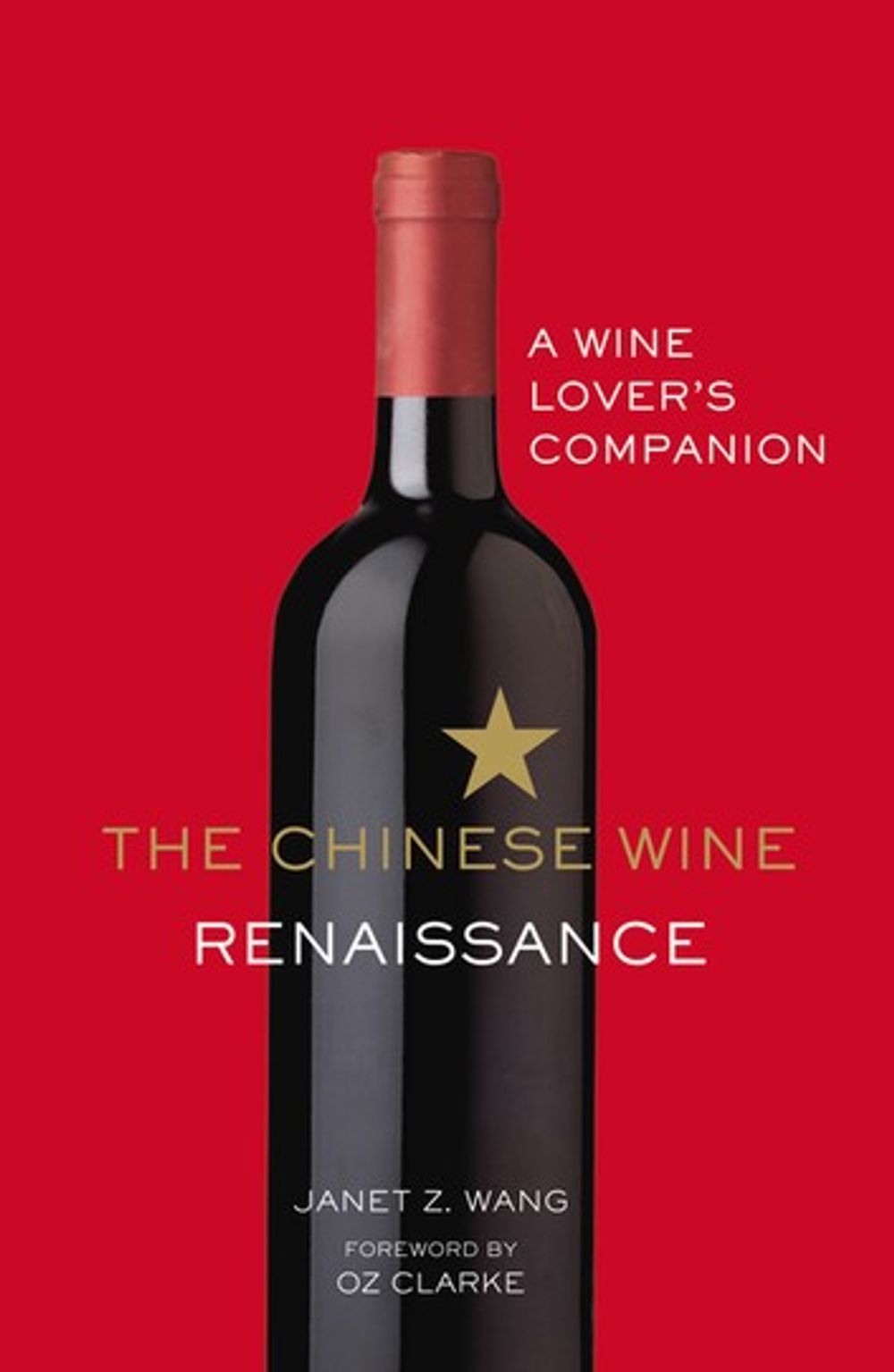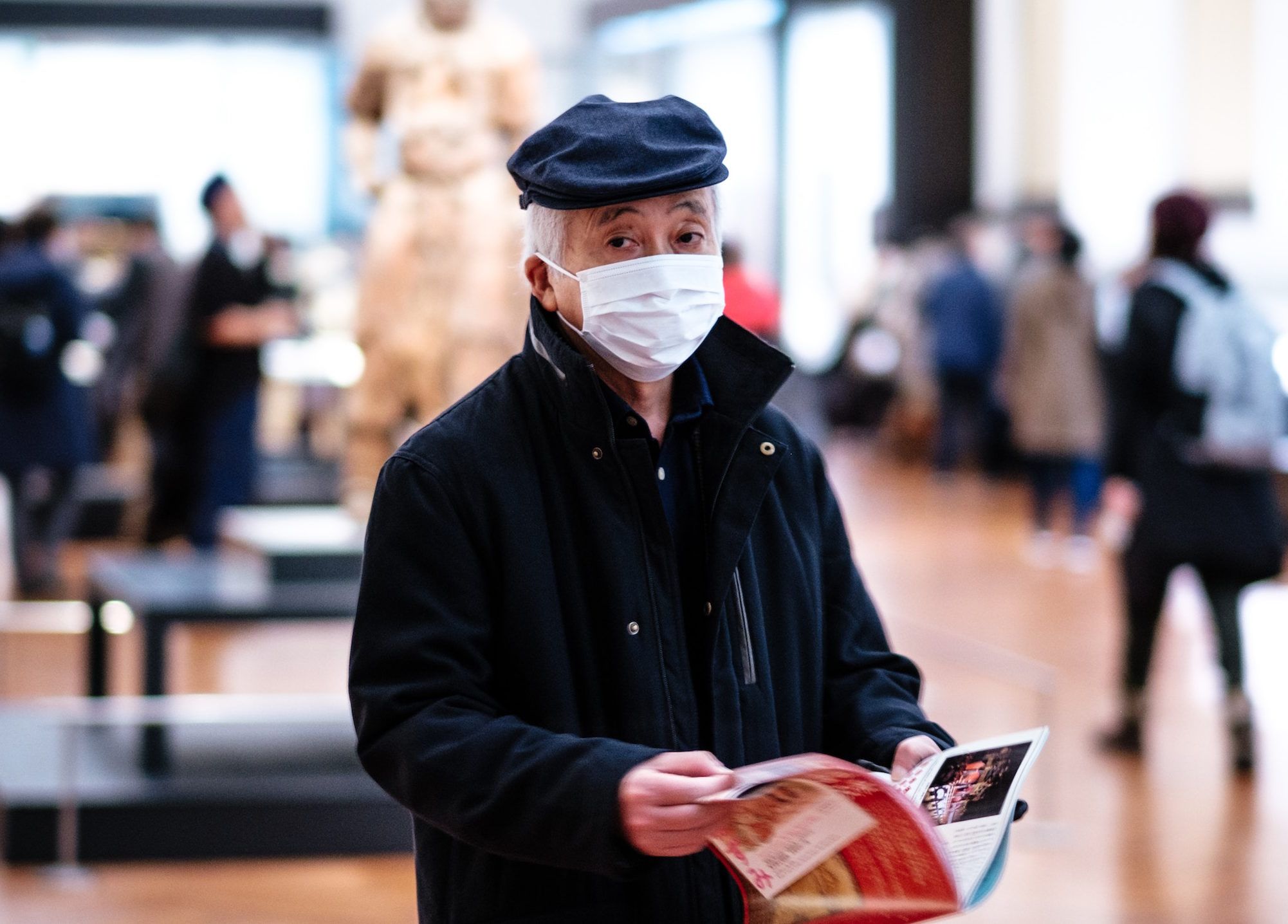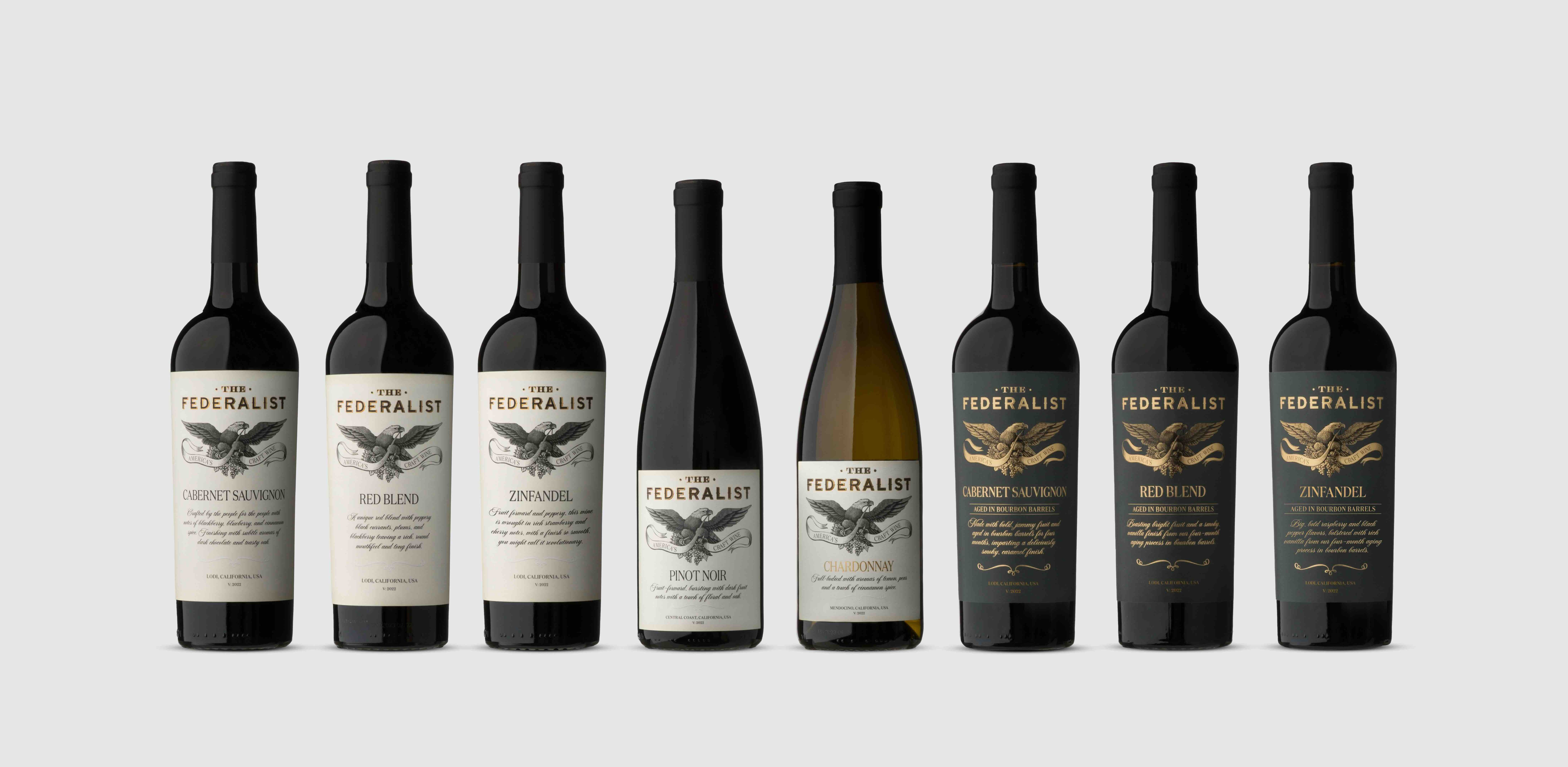“China is already the largest online wine and spirits market in the world. This epidemic will further amplify the significance of e-commerce in China and is likely to accelerate further the onset of ‘New Retail’,” writes Wang.
While the world’s attention focuses on the coronavirus outbreak in China, how is China’s wine industry bracing itself, and what should the international trader be aware of?
Data is scant at present but anecdotal evidence offers insightful market colours for now. Many Chinese wine trade professionals expect at least a 20% decrease in sales this year. Maintaining cashflow for survival is the utmost priority. Many have written off at least Q1, and possibly even Q2, and expect to see a wave of bankruptcies to manifest during the first half of the year, especially among small and medium-sized retailers.
Sales during the period leading up to the Chinese New Year were more-or-less normal, albeit already less buoyant than a year ago. But around 50% of purchases have not been consumed as people were ordered, or voluntarily opted, to stay indoors and stopped almost all social gatherings, even among relatives.
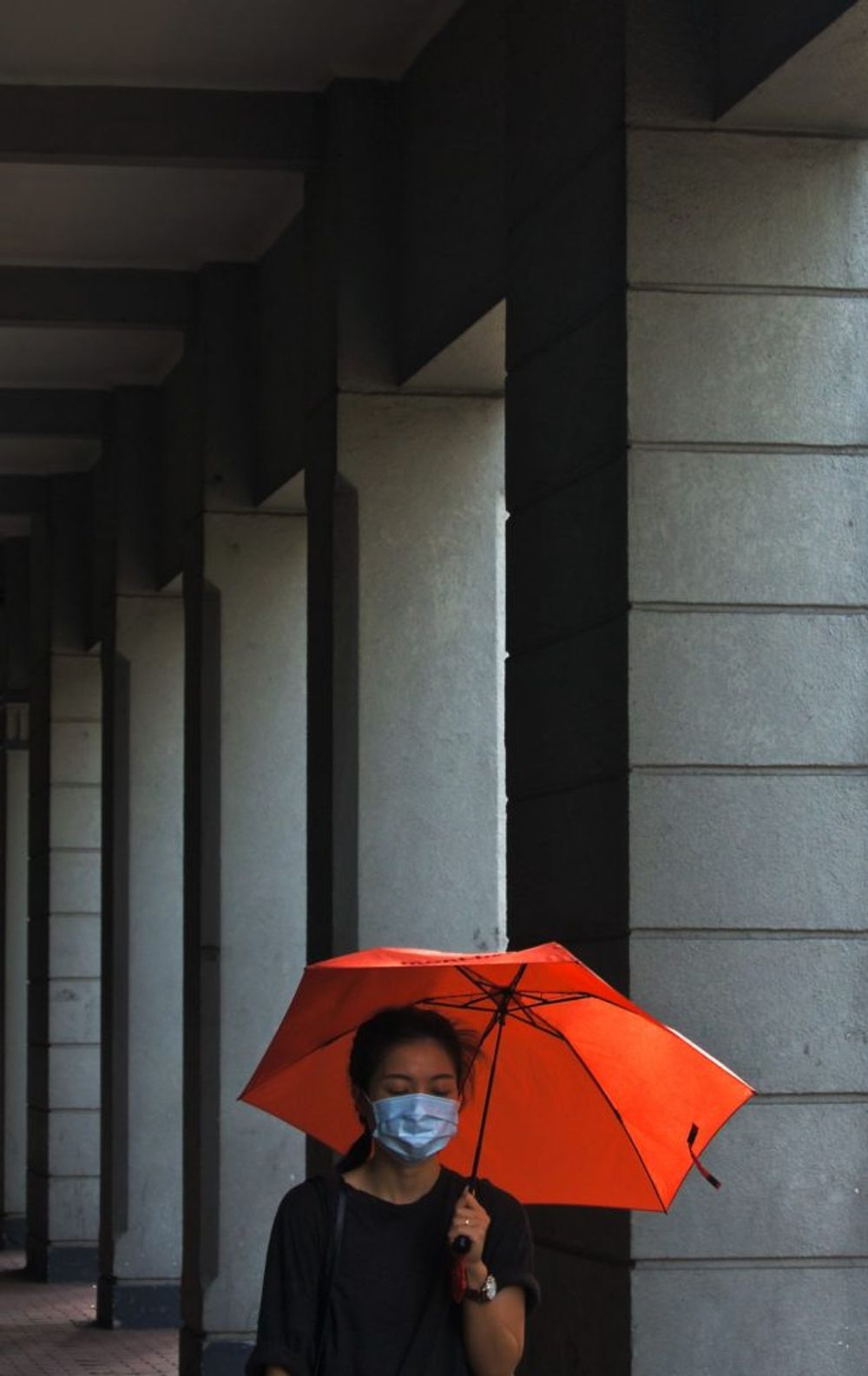
Innovative companies will probe further after this crisis is over, and ask themselves, how can we be more robust against ‘black swan’ events?
Social activities have dropped by an estimated 80-90% across the entire country almost as soon as New Year’s Eve was over (24thJanuary) – yet traditionally, the days after New Year’s Eve are the most active period when people visit close family and friends. As a result, the gifting season was abruptly cut short – vast quantities of gifts are unbought or not given out. Many retailers estimate around 80% of stock overhang, which, even if things were to return to normal soon, would take them beyond Q2 before restocking.
However, optimists are hoping to see a ‘backlash’ or ‘revenge spending’ spree once the virus is under control and life returns to normal. If this were to happen before the May Labour Day holidays it would give a much-needed respite to surviving retailers. This would mainly benefit the on-trade, particularly in 1stand 2ndtier cities, as people with more discretionary cash will want to catch up with friends in style, or to celebrate weddings and children’s birthdays on grander scales.
The trend for premiumisation may be underscored further as people focus even more on health and quality. Premium-brand wine and spirits, including whisky, baijiu, and health-tonics are likely to benefit.
Online becomes lifeline?
A new e-commerce term “contactless delivery” has quickly emerged in recent weeks; it has been mooted for some time by major retailers, but coronavirus has brought it into effect in double time. JD.com has also started doing deliveries with driverless cars, initially just to hospitals but household deliveries are apparently weeks away.
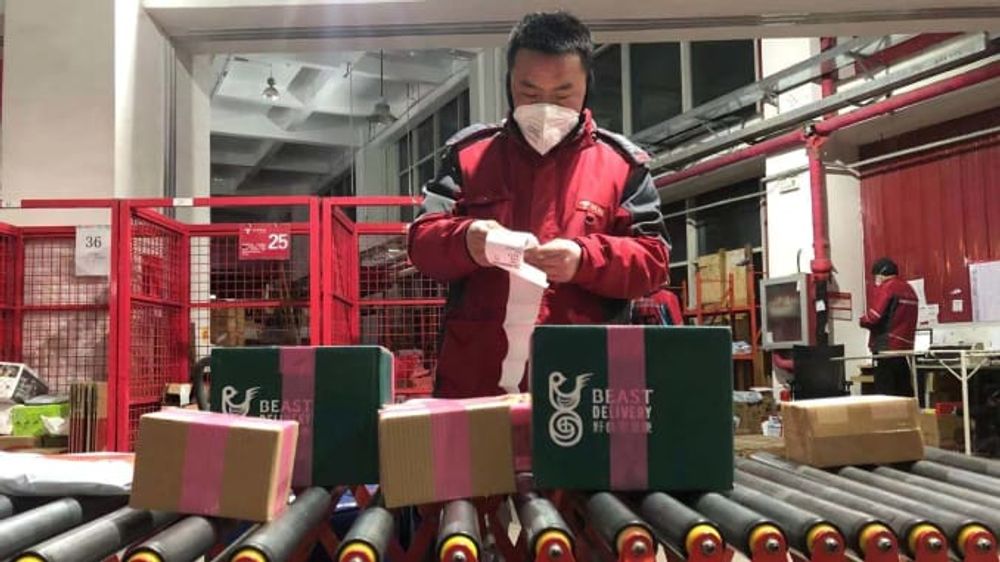
The delivery business in China is experiencing an unprecedented boom
While most of the Chinese population is effectively in self-quarantine, many have turned to online shopping for essential as well as recreational goods, including alcoholic beverages to be consumed at home. Whilst many brick-and-mortar wine shops and restaurants say post Chinese New Year sales are down by 99.9% (reads more like the amount of bacteria that Dettol promises to wipe off!), several established online retailers have seen over 120% increase in sales in the same period.
Contactless delivery essentially removes face-to-face interaction between the buyer and the courier. The parcel is dropped at a customer designated location along with a receipt, the courier then moves away to a ‘safe’ distance whilst keeping the parcel in sight. The customer collects and signs for the parcel, leaving the receipt for the courier to retrieve. Despite this ‘contactless’ method, the courier is required to wear face mask and gloves and the parcel is usually also disinfected before dispatch.
Products sold online via live-streaming, particularly through influencers, have also exploded as people stuck-at-home are desperate for entertainment and interactive experiences. Short-format video sharing platforms TikTok and Kuaishou have been particularly successful.
China is already the largest online wine and spirits market in the world. This epidemic will further amplify the significance of e-commerce in China and is likely to accelerate further the onset of ‘New Retail’ – a concept that morphs and integrates the offline and online business models and consumer experiences.
Innovative companies will probe further after this crisis is over, and ask themselves, how can we be more robust against ‘black swan’ events? How can technology be deployed to maintain business-as-usual? Will the future of drone deliveries and Virtual Reality office-sharing just arrive a little sooner? Will this period of danger hasten the response to opportunities knocking?
Janet Wang is a journalist, wine consultant and author of The Chinese Wine Renaissance. You can follow her writing on Wine Peek, her website here.
